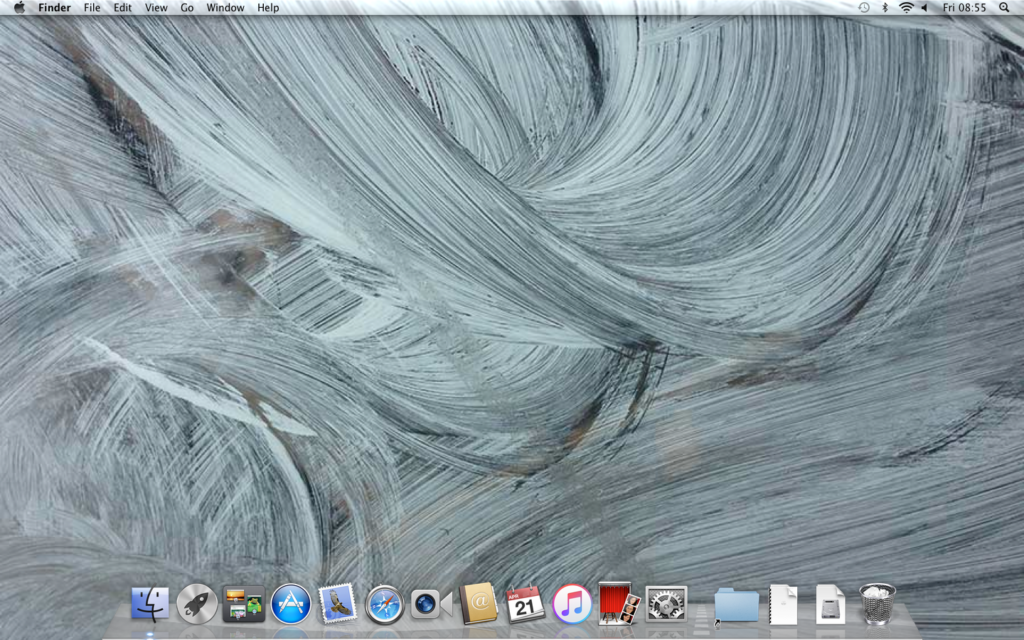Lizzy didn’t like Mr Darcy at first, but then she did. Scrooge was this right old git, but then he slept on it and bought a turkey. There was a bit of war, but then also a bit of peace.
There you go, you’ve just read three books and doubtlessly got the full value out of them. Mind you, I realise as I say this to you that while I know many people who haven’t read Pride and Prejudice, I don’t know anyone who has only read it once. Such a great book.
Here you go: Lizzy didn’t like Mr Darcy at first, but then she did. You’re welcome.
I’m saying this to you because I’m grumbling. There’s this thing in podcasts which some people love so much that I just read a piece where someone was longing for film and television to do exactly the same thing.
Speed up.
Now, you can think of films that dragged a bit, naming no names Sean-Bean’s-death-scene-in-Lord-of-the-Rings, but that’s not what’s going on. It’s not that anyone wants films to get on with it, it’s that some want the footage to run faster, and reportedly many play their podcasts at 1.5 or twice normal speed.
Many podcast apps have a button for this. Some will analyse the podcast episode and also remove silences so that it runs a bit shorter.
I like to get on with things, but if you’re listening to a podcast or one day watching a film that you genuinely believe is improved by running at twice normal speed, I have a different button for you.
It’s the stop button.
Ditch that show and go listen to something better made.
For just as the spaces between words in a book are crucial, so the minuscule silences in speech are, too. I’ve produced a lot of podcasts and there was one where for some reason the recordings had a teeny delay so that it sounded as if my co-host was forever aghast at the stupid thing I’d just said. I did edit that to cut those out, but I left many of them in because quite often he was.
There is a reason scripts have the phrase “beat pause”. There is a rhythm and a pace that is every single bit as much a part of the whole story as the words.
The argument for speeding up what you’re listening to is that you get the information faster and you can enjoy more podcasts or whatever in the same amount of time.
I think the latter point is spurious. You’re not enjoying the podcast, you’ve already decided not to experience it the way it was built and produced.
And I think the first point about getting the information faster is idiotic. Since you’re ignoring the form as it was created and you’re believing that the worth is in the words spoken, read the damn transcript.
There was an acclaimed audio series recently that was on a topic I was deeply interested in, but the presenter’s delivery was so slow that it was as if she were insulting us. It was as if she were talking to a child and it was unbearable even before the show also became repetitive.
I did have a 1.5 button on that app. I did have a twice-normal-speed button.
But instead I used another control entirely. I tapped on Unsubscribe.
